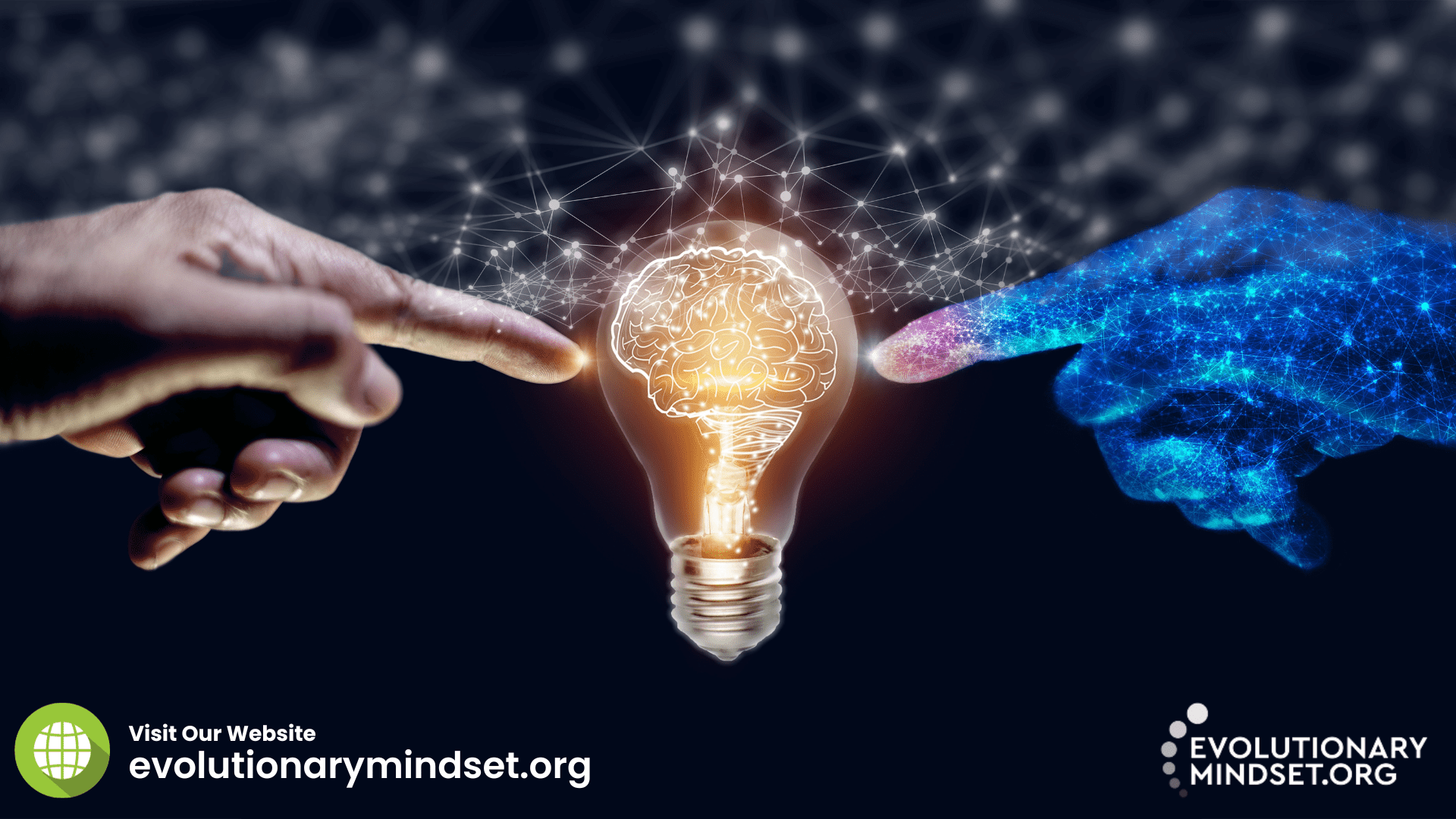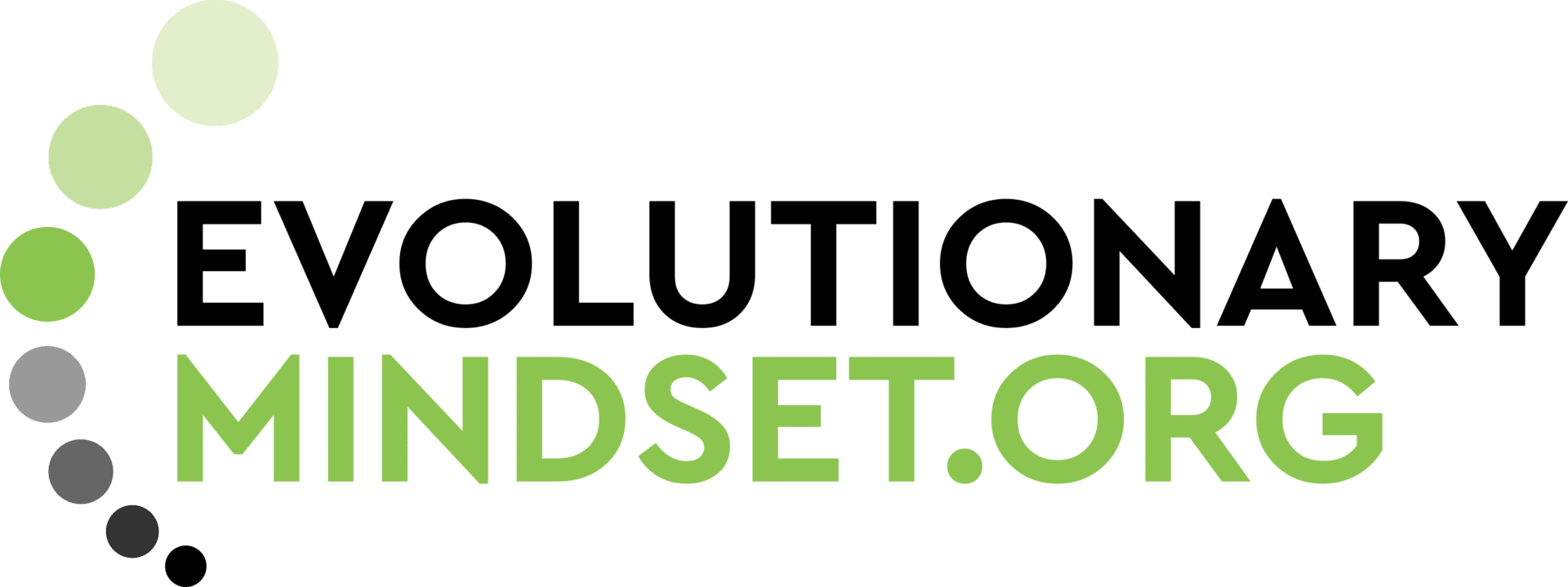
Introduction to The Science of Evolution
Unraveling Darwin’s Tapestry: The Evolutionary Journey Toward Love
Introduction to Darwin on Evolution
Charles Darwin’s groundbreaking theory of biological evolution through natural selection remains an unparalleled scientific revelation. Beyond its implications for understanding the natural world, Darwin’s theory offers profound insights into our existence, societies, and even the dynamics of business operations.
Darwin’s theory explains that species evolve through natural selection, driven by small inherited variations that enhance an individual’s ability to compete, survive, and reproduce. The core tenets include the overproduction of individuals, genetic variations, advantageous inherited traits, and the formation of new species through reproductive isolation. In summary:
- Survival favors the strongest, smartest, and most adaptable individuals.
- Adaptation to the environment is crucial for survival.
- Successful species are those that adapt and thrive in their environments.
Natural selection, combined with genetics and population dynamics, comprises the evolutionary mechanism behind species evolution. The five essential steps include variation, inheritance, selection, time, and adaptation. Darwin’s work laid the foundation for understanding how species change over time and adapt to their surroundings.
Evolution of Moral Instincts
Beyond physical evolution, Darwin delved into the evolution of moral instincts in “The Descent of Man.” He proposed that cooperation and mutual aid in societies provided survival advantages. Evolutionary theorist Pyotr Kropotkin further emphasized cooperation over fierce competition.
In “On the Origin of Species,” Darwin also explored the evolutionary evidence of conscience, stopping short of detailing the evolution of love. This revelation came later, hidden in various writings and research, and was fully articulated in David Loye’s book, “Darwin’s Lost Theory of Love.”
Primal Motivators for Conscience Evolution: Praise, Blame or guilt, Shame, Remorse
Darwin’s Lost Theory of Love
Loye’s book presents Charles Darwin’s hidden insights into the evolution of love, suggesting that our species is evolving toward a more loving society. The key outcomes of sexual reproduction, including pair bonding, caring for the young, and the development of parental instincts, culminated in moral sensitivity and altruistic love.
Evolutionary Milestones:
- Symbiosis and cooperation
- Emergence of sexual reproduction
- Evolution of sexual dimorphism and pair bonding
- Development of parental instincts
- Evolution of social instincts leading to moral sensitivity
- Evolution Toward a More Loving Species
While the why of our evolution toward a more loving, morally advanced state remains still not fully understood, Loye proposes that moral evolution may be guided by a higher power or the need for species survival. The universality of the Golden Rule across cultures points to a shared evolution toward love.
Evolution toward moral advancement, a more loving and morally ethical species is predicted with cultural evolution driven by the biological embedding of moral sense.
There is evidence supporting the notion that humanity is moving toward a future grounded in love. The journey raises questions about individual, societal, business, and leadership evolution, encouraging readers to contemplate what this shift means for themselves, their families, companies, and the world.
Complementation Example: A Glimpse into Evolutionary Business
In the context of business, understanding the complementation law based on diversity is essential for growth and long-term survival. An evolutionary mindset and intentionality open the door to prioritizing diversity, challenging ingrained biases, and fostering innovation. Companies embracing diversity-driven complementation are better positioned to evolve for growth, emphasizing the critical role of an evolutionary approach in shaping the future of business.
Looking to learn more? Feel free to read the rest of my blog or check out my book EVOLVE FOR GROWTH available on Amazon: https://amzn.to/3QY2ONB
